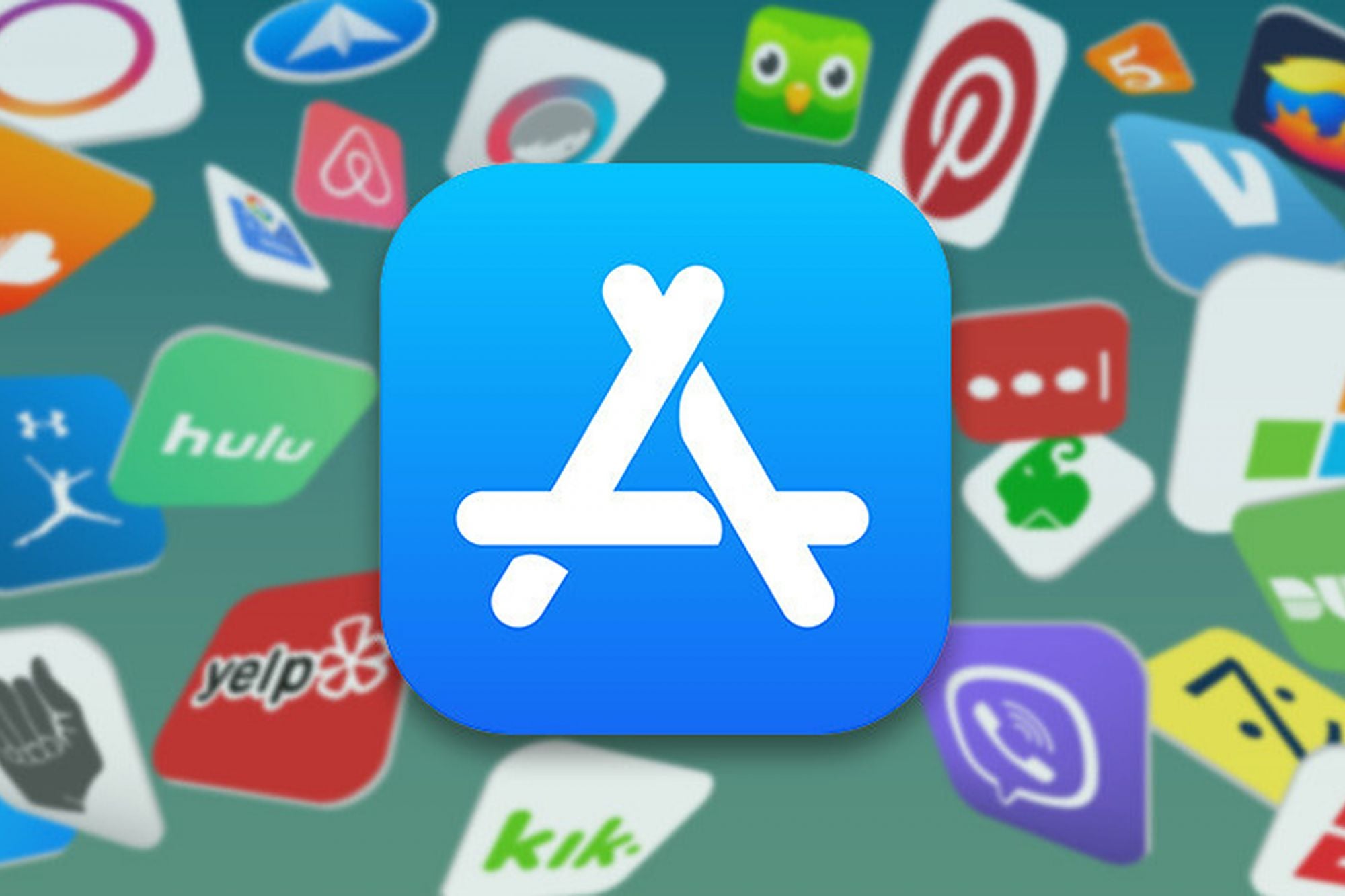Developers File Antitrust Lawsuit Against Apple over App Store The Supreme Court recently ruled that both iPhone owners and iOS developers can bring antitrust lawsuits against Apple over its app store practices.
By Michael Kan
This story originally appeared on PCMag

Two iOS developers have filed a class action lawsuit against Apple on claims the company's App Store is a monopoly.
The lawsuit from California resident Donald R. Cameron and Illinois-based Pure Sweat Basketball is demanding an end to Apple's control over the iOS ecosystem as the only official provider for iPhone apps.
"There is no reason to believe that other reputable vendors, including Amazon, for example, could not host an app store and provide a trustworthy app-distribution system if Apple were to open up its system to other providers," claims the lawsuit, which was filed in the U.S. District Court for northern California.
The legal complaint arrives weeks after the U.S. Supreme Court ruled that both iPhone owners and iOS developers can bring antitrust lawsuits against Apple over its app store practices. For years, a group of consumers have been fighting to sue Apple over the company's control over iOS, which they claim can force iPhone owners to overpay for apps. This is because Apple demands a 30 percent cut of all sales on paid products over the App Store.
Tuesday's class action lawsuit from the iOS developers argues the same. It also claims that Apple's 30 percent commission fee can let the tech giant unfairly eat into a developer's earnings when there's no competing platform to distribute iOS apps to.
"We think app developers should be rewarded fairly for their creations, not over-taxed by a corporate giant," according to Steve Berman, the attorney representing the iOS developers. In 2016, his firm was involved in winning the 2016 class action lawsuit against Apple over the company's ebook price-fixing scheme.
"After 11 years of monopoly conduct and profits, we think it's high time that a court examine Apple's practices on behalf of iOS app developers and take action as warranted by the law and facts," Berman said in a statement. His firm is calling on other iOS developers to join the class action lawsuit, which is also seeking the court to force Apple to pay damages.
However, Apple says it holds no monopoly with the iOS App Store. Last week, the company published a web page highlighting the benefits that Apple's approach to the iOS ecosystem has brought to consumers and to developers. "Like any fair marketplace, developers decide what they want to charge from a set of price tiers," the company said.
"We're proud that, to date, developers have earned more than $120 billion worldwide from selling digital goods and services in apps distributed by the App Store," the page added. "84 percent of apps are free, and developers pay nothing to Apple."










